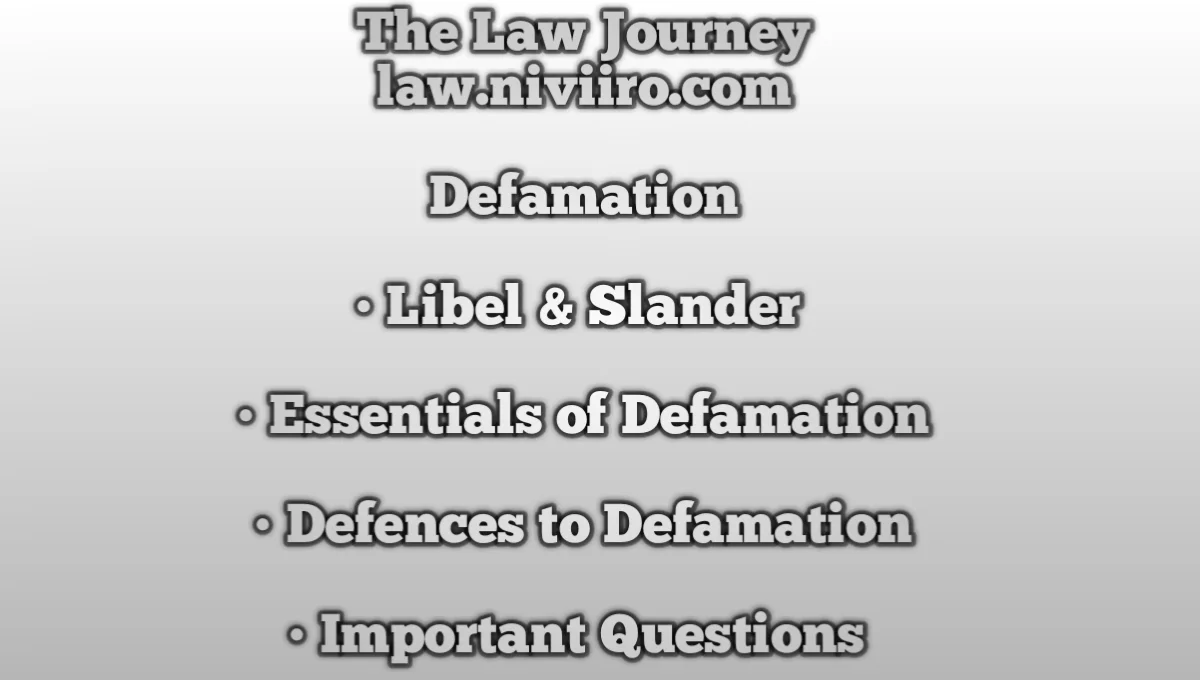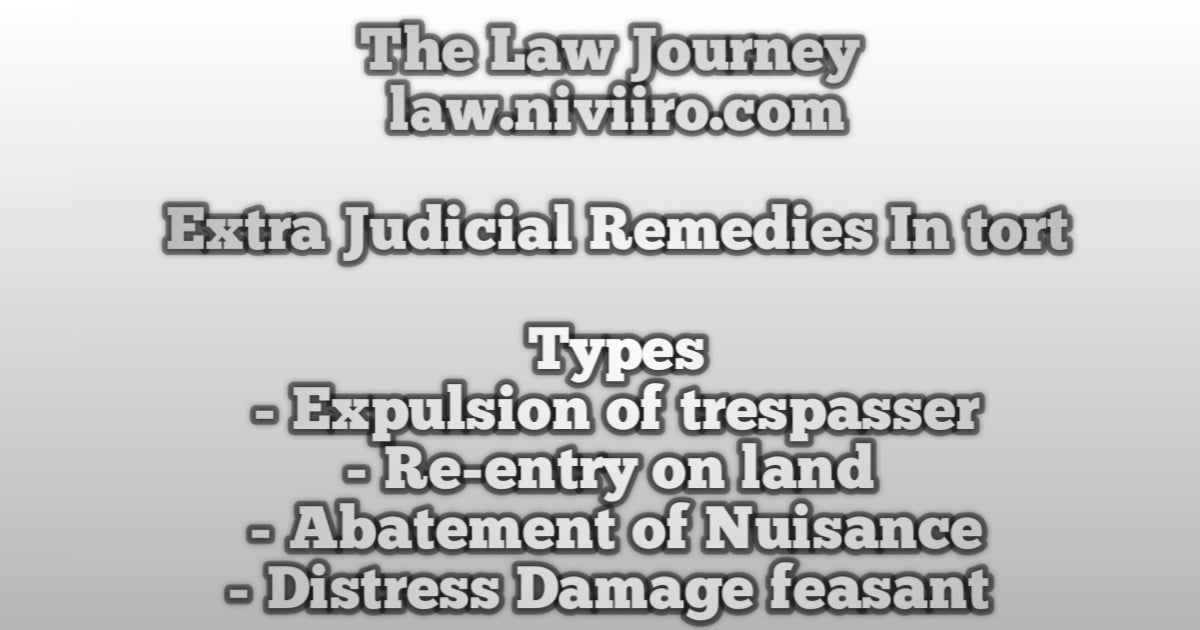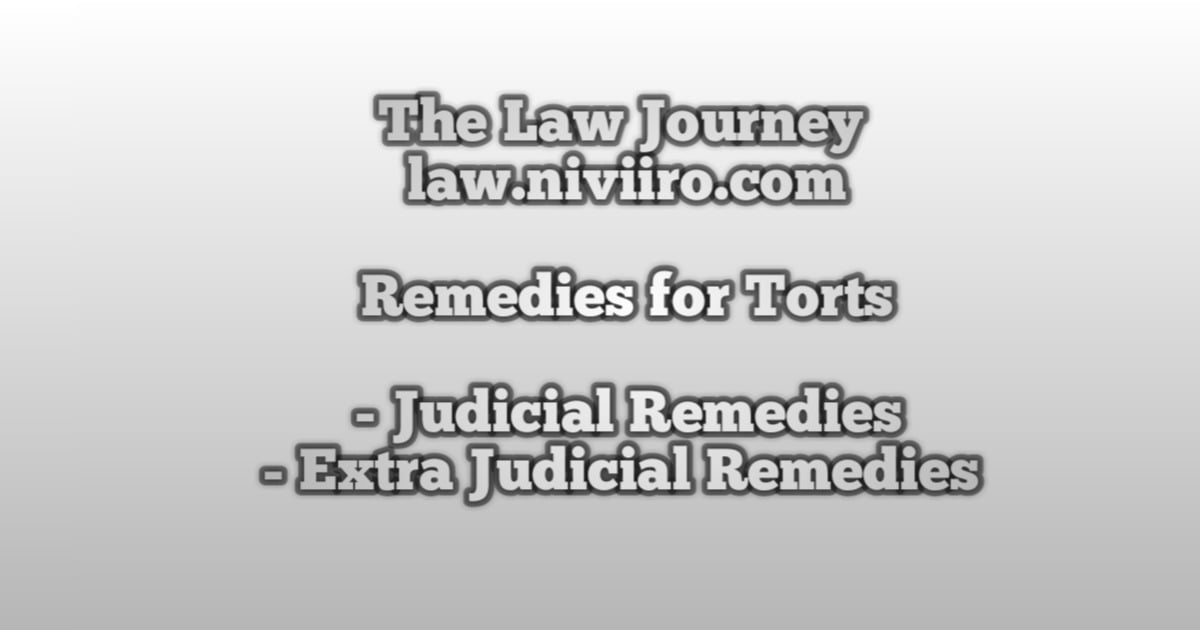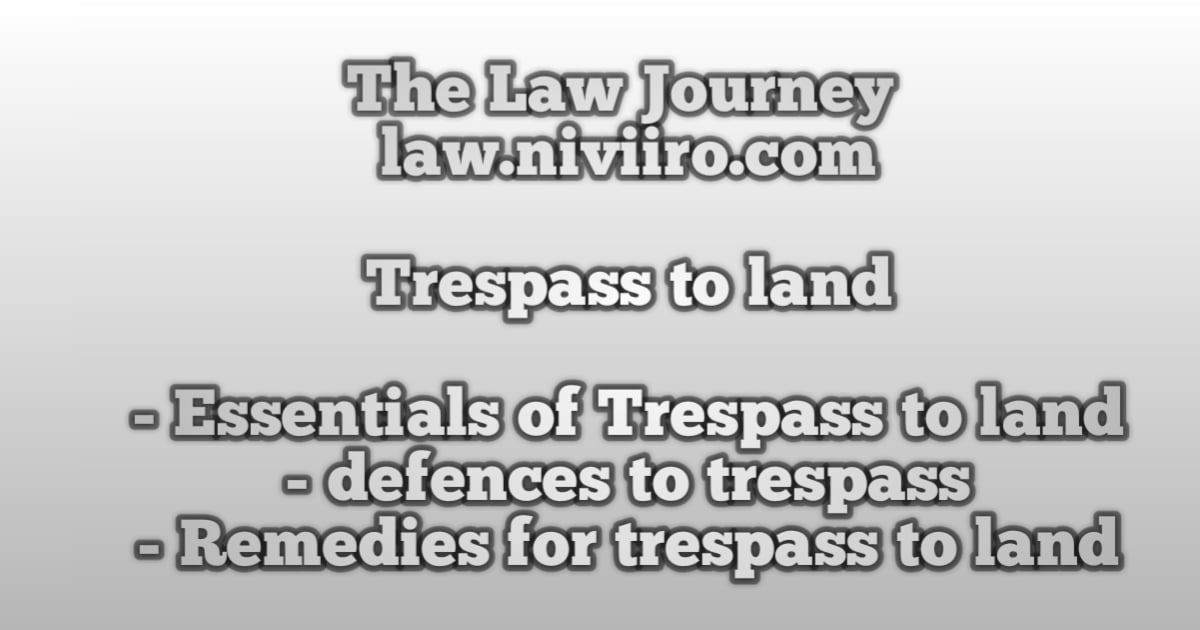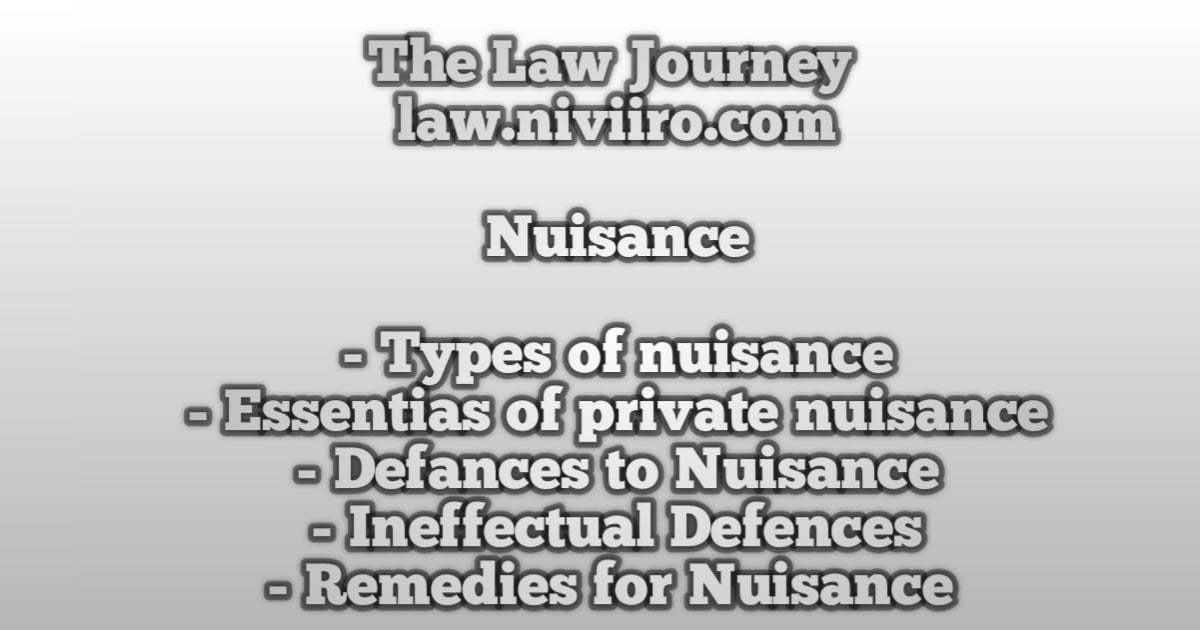Everyone has a ‘Right to Reputation’. Defamation is the unlawful and therefore punishable offense of damaging a person’s reputation (without just cause or legitimate excuse) by inflicting hatred, contempt, or ridicule. If you damage the reputation of others, do so at your own risk, just like infringing on proprietary rights.
Winfield defines defamation as “publication of a statement that tends to disparage a person in the respect of generally right-minded members of society, or causes them to shun or shun that person.
English law:
For primarily historical reasons, English law divides libel into defamation and defamation.
Libel
Libel is a representation made in some permanent form e.g. writing, printing, picture, caricature, effigy or statue. Any thing which has a permanent and visible character is known as libel.
Slander
Defamation is the publication of defamatory statements in an ephemeral form. speech and gestures. Slander is like rumors and gossip directed at the listener’s ears (slander is directed at the eyes).
Distinction between Libel and Slander
- A libel is a permanent kind of defamation, such as writing or printing, whereas slander is a temporary form of defamation, such as speech or gestures.
- Libel is both a criminal offence and a civil wrong, whereas slander is merely a civil wrong, but the remarks may be blasphemous, seditious, or obscene, making it a criminal offence under section 499 of the IPC.
- Libel is an infringement of a right, and no real injury is required to establish an action, but slander is actionable only when special damage can be proven to be its natural result, or when it transmits certain imputations.
- A libel causes a breach of the peace, but slander does not. The architects of the Indian Penal Code sharply criticise this distinction recognised in English law.
- A simple loss of reputation is enough to justify a libel action. A mere loss of reputation is insufficient to form a slander lawsuit; there must be a loss of some tangible gain – some loss that is monetary, or at least monetary in nature.
Essentials of Defamation
(1) The words must be false and defamatory;
(2) The said words must refer to the plaintiff; and
(3) The words must be published.
1. The words must be false and defamatory
A defamatory comment is one that tries to harm the plaintiff’s reputation or character. A statement is defamatory if it I exposes the plaintiff to hostility, scorn, ridicule, or obloquy, or (ii) causes him to be shunned or avoided by his neighbours or members of society, or (iii) causes a large and respectable proportion of society to think less of him. Thus, defamation is an attack on one’s reputation and good name. Ramdhara v. Phulwatibai, Jab LJ 582, 1969. The plaintiff was a 45-year-old widow. The defendant fraudulently claimed that she is the caretaker of the plaintiff’s daughter-in-maternal law’s uncle.The court held that this imputation of chastity was a defamation.
The Innuendo
A defamatory comment is one that tries to harm the plaintiff’s reputation or character. A statement is defamatory if it I exposes the plaintiff to (i) hostility, scorn, ridicule, or obloquy, or (ii) causes him to be shunned or avoided by his neighbours or members of society, or (iii) causes a large and respectable proportion of society to think less of him. Thus, defamation is an attack on one’s reputation and good name. Ramdhara v. Phulwatibai, Jab LJ 582, 1969. The plaintiff was a 45-year-old widow. The defendant fraudulently claimed that she is the caretaker of the plaintiff’s daughter-in-maternal law’s uncle.
In Morrison v. Ritchie & Co., (1902) 4 F. 654 (Scotland),a statement was published in good faith by the defendant that the plaintiff had given birth to twins. But, the plaintiff was married only two months back and the defendant was unaware of this fact then even they were held liable.
Mrs. Cassidy v. Daily Mirror is a case where The defendant published in his publication claiming “Mr. Cassidy and Miss. K are engaged.” Mr. Cassidy had married Mrs. Cassidy. Mrs. C filed a lawsuit against the publishers. Her claim was that after hearing about the news item, her pals in the women’s club and elsewhere avoided her company and looked down on her. As a result, the court investigated the publication’s deeper meaning. In fact, it indicated that Mrs. C was not Mr. C’s legally wedded wife; rather, she was Mr. C’s maintained mistress. The judge granted restitution.
2. The said words must refer to the plaintiff
In every defamation lawsuit, the plaintiff must establish that the comment is about him. The question is not who was intended, but who was hit. In other words, the question is not what the defendant truly intended in his heart, but what the statements imply when taken in context and reasonably understood. If the remarks published are interpreted as referring to the plaintiff, the defendant will be held liable, and the defendant’s failure to intend to defame the plaintiff will be no defence.
In Youssoupoff v Metro Goldwyn Mayer Pictures Ltd. (1934) 50 T.L.R. 581, the defendant created and displayed a picture in which a woman of excellent reputation and social standing was shown being brutally ravished by a man of extremely low character. Circumstantial evidence in the film pointed to the plaintiff as the mistreated woman, and numerous other acquaintances thought the video was about her. When the plaintiff sued the defendants for defamation, she was successful even without proving special damages.
Defamation of a class of persons
Defamation is a right in rem harm to a man’s reputation. For the purposes of tort law, reputation is defined as that of an individual rather than a group of people. Eastwood v Homes (1858) 1 F&F 347 stated that where the words relate to a group of individuals or a class of persons, no member of that group or class can suit unless he can demonstrate that the words might reasonably be interpreted to refer to him.
Defamation of the deceased
Defaming a deceased person is no tort. Under criminal law, it may amount to defamation to impute anything to a deceased person, if the imputation would harm the reputation of that person if living, and is intended to be hurtful to the feelings of his family/other near relatives (Sec. 499, Explanation, I.P.C.).
3. The words must be published
The essence of the defamation offence is publication, not simply expressing or writing defamatory statements (libel as well as slander). Publication entails making the defamatory matter known to someone other than the person who has been defamed (via telegrams, post cards, open pictures or films, etc.). Communication with the plaintiff is insufficient since defamation is a harm to the reputation, and reputation consists in the esteem in which others regard him rather than a man’s own judgement of himself. As a result, it makes little difference that it may harm his self-esteem.
The question in T. J. Ponnen v M.C. Verghese (AIR 1970 SC 1876) was whether a letter from the husband to the wife containing defamatory information about the father-in-law (wife’s father) might be proven in an action brought by the father-in-law against his son-in-law. His wife had forwarded the letters to her father (M.C. Verghese). The husband (Ponnen) asserted that under Section 122 of the Evidence Act, correspondence sent to his wife are not admissible in evidence unless he consents. The husband is responsible for defamation, but the defamatory comment must be shown using evidence other than the wife’s.
Defences to Defamation
The defences to an action for defamation are:
1. Justification or truth. 2. Fair comment. 3. Privilege (absolute or qualified).
1. Justification or Truth
In an action for defamation, the defendant could not prove that the facts published by him were true and therefore, he was held liable.
2. Fair comment
The truth of the defamatory matter is complete defence in a civil defamation suit (under criminal law, besides being true the imputation must be shown to have been made for public good). The defence is based on the fact that “the law will not authorise a man to obtain damages for a harm to a character which he either does not or ought not to possess.”
In Radheyshyam Tiwari v Eknath (AIR 1985 Bom. 285), the defendant, who was the editor, printer, and publisher of a newspaper, published a series of articles accusing the plaintiff, a Block Development Officer, of issuing false certificates, accepting bribes, and using illegal means in a variety of matters.The comment must be on a matter of public interest. Honest criticism is essential for the efficient working of democratic public institutions. The Government and its institutions may be criticized.
Contents :
1. The matter commented must be of public interest :The Government and its various wings and establishments and public institutions may be criticised. Novelists, Dramatists, Musicians, Actors, etc., may be criticised.
2. The comment must be fair : Mere violence in criticism by itself will not make the statements unfair.
3. Comment must be malicious : Even fictitious name may be used. That by itself will not render the statement unfair.
In Tushar Kanti Ghosh v Bina Bhowmic (1953) 57 C.W.N. 378, the Amrit Bazar Patrika published a news item which contained statements like ‘day light robbery’ which were factually incorrect. As they were untrue statement of fact, the defence of fair comment was defeated.
3. Privilege
There are certain occasions when the law recognizes that the right of free speech outweighs the plaintiff’s right to reputation : the law treats such occasions to be “privileged” and a defamatory statement made on such occasions is not actionable.
Privilege is of two kinds : ‘Absolute’ privilege and ‘Qualified’ privilege.
(a) Absolute Privilege
It is an absolute defence since it precludes any action for the defamatory comment, even if it is untrue or done deliberately. In such instances, the public interest requires that an individual’s right to reputation give way to freedom of expression. It is acknowledged in “Parliamentary procedures,” “Judicial proceedings,” “Military and naval proceedings,” and “State communications.” As a result, a remark made by one officer of the State to another in the course of official duties is absolute privileged for public policy considerations.
In Jiwan Mal v. Lachman Dass, AIR 1929 Lah 486, the defendant was a witness who stated that compromise is impossible as long as Jiwan Mal is there. “He had plundered the whole Dinanagar and built up a bogus case.” The High Court ruled that the aforementioned comment was completely inappropriate because Jiwan Mal had nothing to do with the case. As a result, the Court rejected the privilege defence and found the defendant responsible.
(b) Qualified Privilege
If a defamatory statement maker proved untrue although he has acted honestly and without malice, then qualified privilege protects him. But, if plaintiff succeeds in proving his malice then the defendant would not be saved by the qualified privilege.
In the case of Boxsius v. Golbert (1843) 1 KB 319, a lawyer dictated to his typewriter a letter addressed to B that included defamatory remarks about B. Another clerk press duplicated the letter. B filed a defamation suit against the advocate. According to the Court, the privilege safeguarding a business communication made on a privileged occasion extends to “all occurrences of its transmission and treatment that are in conformity with the normal and customary course of business.” The Court also stated that the solicitor’s disclosure to his clerks was protected by qualified privilege, and as such, Advocate was not held liable.
Related Post
Meaning of Defamation ?
Defamation is the unlawful and therefore punishable offense of damaging a person’s reputation (without just cause or legitimate excuse) by inflicting hatred, contempt, or ridicule.
What are the two types of Defamation ?
English law divides defamation into libel and slander.
Libel – Libel is a representation made in some permanent form e.g. writing, printing, picture, caricature, effigy or statue. Any thing which has a permanent and visible character is known as libel.
Slander – Defamation is the publication of defamatory statements in an ephemeral form. speech and gestures. Slander is like rumors and gossip directed at the listener’s ears (slander is directed at the eyes).
Distinction between Libel and Slander ?
A libel is a permanent kind of defamation, such as writing or printing, whereas slander is a temporary form of defamation, such as speech or gestures…
Essentials of Defamation ?
Essentials of Defamation are
(1) The words must be false and defamatory; (2) The said words must refer to the plaintiff; and (3) The words must be published.
What do you mean by Innuendo ?
A defamatory comment is one that tries to harm the plaintiff’s reputation or character. A statement is defamatory if it I exposes the plaintiff to (i) hostility, scorn, ridicule, or obloquy, or (ii) causes him to be shunned or avoided by his neighbours or members of society, or (iii) causes a large and respectable proportion of society to think less of him. Thus, defamation is an attack on one’s reputation and good name.
Defences to Defamation ?
The defences to an action for defamation are:
1. Justification or truth. 2. Fair comment. 3. Privilege (absolute or qualified).
References
- Law of Torts by Ratanlal and Dhirajlal
- Law of Torts by J.N. Pandey
- P.S.A. Pillai’s – Law Of Tort
- Law of Torts by RK Bangia (22nd Edition)
- Universals Law of Torts
- A.K Jain law of torts













